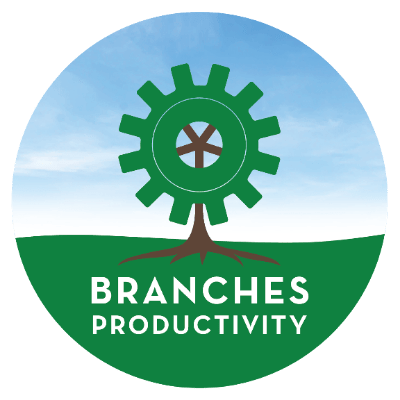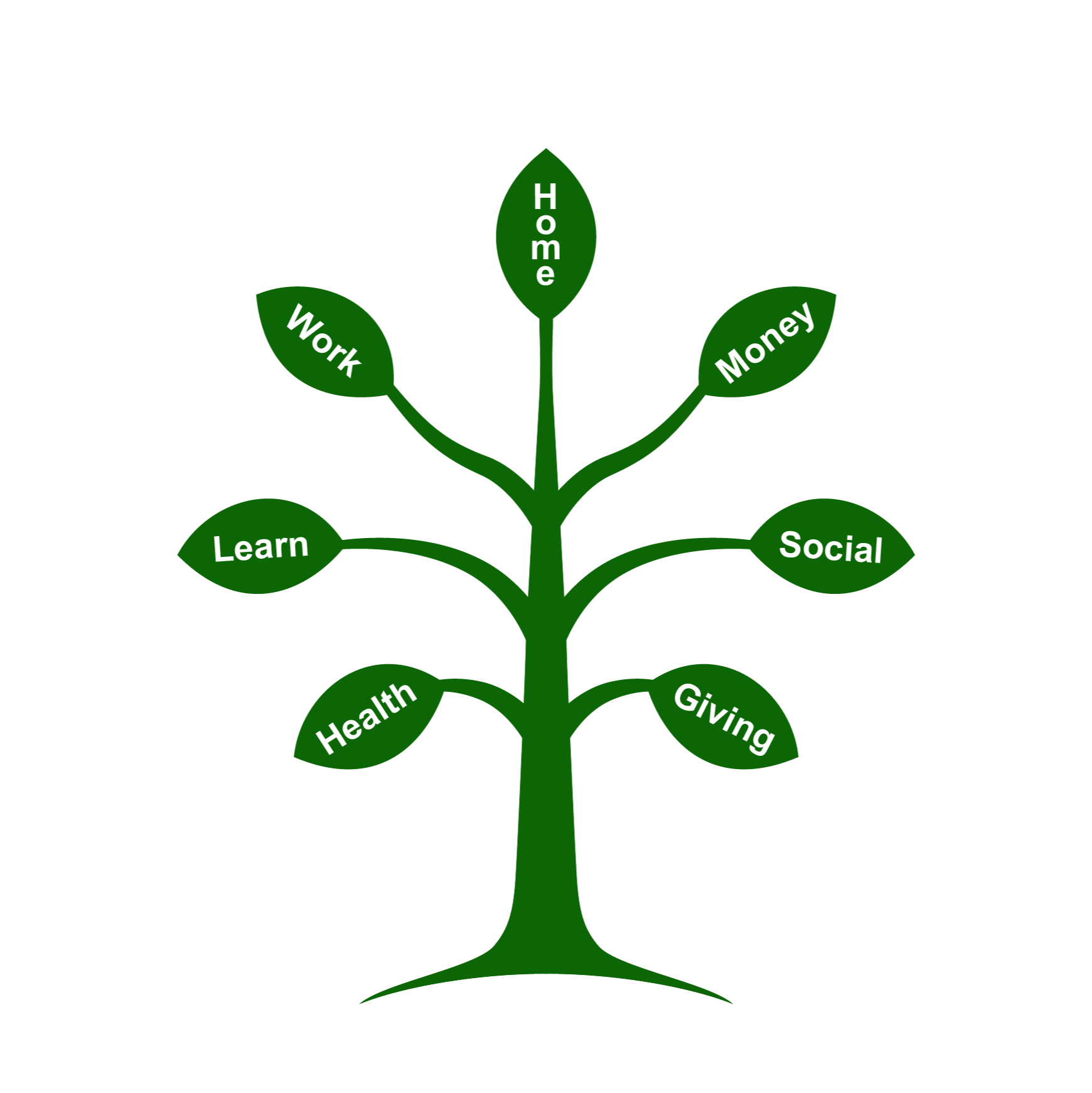Willpower and the Discomfort Dilemma: Don’t Hit Snooze on Life’s Challenges

As dawn breaks, a familiar battle ensues. The alarm clock blares, urging you to start the day, but the cozy embrace of your comfy bed whispers a compelling counteroffer: just 10 more minutes. This daily ritual presents more than a simple choice; it’s a test of your aversion to discomfort and a reflection of a larger tendency to shy away from life’s challenges. Yet it’s in these small moments, these uncomfortable decisions, where the potential for transformative growth lies.
Why Willpower Matters
Every January thoughts routinely turn to setting goals and what it will take to achieve them, with willpower often being top of mind. And research shows those thoughts are indeed well-placed. In one study of 140 eighth grade students, self-discipline (as measured by self-report, parent and teacher assessments, and monetary choice questionnaires) predicted final GPA, attendance at school, standardized achievement-test scores and selection into a competitive secondary school program.
A follow-up study introduced additional measures including a behavioral delay-of-gratification task, a study-habit questionnaire and a group-administered IQ test. The results showed that self-discipline measured in the fall accounted for more than twice as much variance as IQ in GPA, attendance, high school selection, time spent on homework and hours spent watching TV (inverse relationship). The effect of self-discipline on grades held even when controlling for prior grades, achievement test scores and the measured IQ of the participants.In short, the impact of self-discipline or willpower may override even more innate ability in the prediction of future academic success.
Delaying gratification is a key component to financial health. You need to be willing swap immediate pleasure for future securing when saving for retirement, paying down debt and sticking to a budget. And it terms of physical health, it’s central to being able to lose weight or stick to a healthy eating or exercise program.
So if it’s so important, how do we build this willpower muscle?
What Neuroscience Tells Us
Dr. Andrew Huberman, professor of neurobiology and ophthalmology at Stanford School of Medicine, shared in a recent episode of his Huberman Lab podcast that there’s a brain structure that appears to be at least one of the mind’s seats of willpower. The anterior midcingulate cortex, he asserts, is smaller in obese people but enlarges when they diet — it also tends to be bigger in athletes. But while this area grows when we consciously choose the path of greater resistance, it can shrink when we retreat back into our comfort zone. He suggests that, like a muscle, willpower can be fortified through consistent and deliberate challenge. The more we “’exercise” it by facing discomfort, the stronger and more resilient our willpower becomes. So what are some ways you might grow your willpower muscle over time?
- Cold Showers: Bracing for a brisk early morning water wakeup call could give your anterior midcingulate cortex a boost.
- Physical Fitness: Hate jogging first thing in the morning? Then regularly lacing up could help you flex your willpower muscle.
- Facing Social Situations: For the introverted, pushing yourself into regular, uncomfortable social engagements can help build self-discipline.
- Dietary Discipline: Making consistent healthy food choices can help cultivate a habit of control and self-regulation.
Remember, if you already love cold showers or early morning Pilates, those activities, while potentially beneficial for overall health, won’t help you develop willpower. Instead, seek out activities that go against the grain for you. And tomorrow as you face another sunrise — and the decision to once again rise early or succumb to the seductive call of the snooze button — remember that each morning is more than the start of a new day. It’s an opportunity to choose discomfort over ease and forge a path of greater resilience for all of the future challenges life may have in store for you.
Sources
Duckworth, A., & Seligman, M. (2005). Self-discipline outdoes IQ in predicting academic performance in adolescents. Psychological Science, 16, 939–944.


